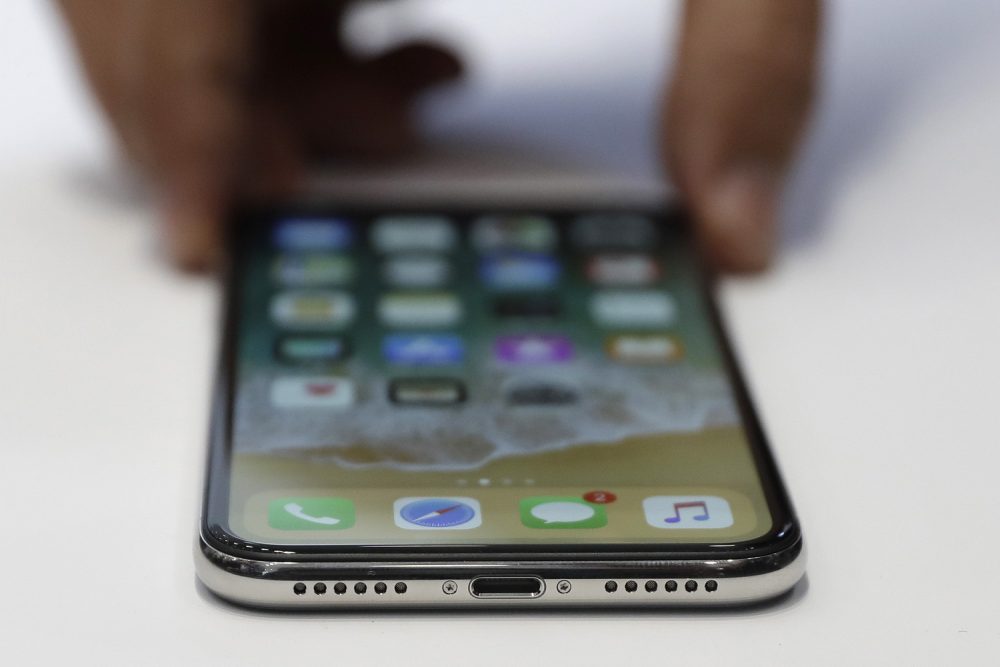News & Highlights
Topics: Biomedical Technologies, In the News, Technology
Boston Startup Rolls Out Online Tool To Screen For Coronavirus
Buoy Health's online symptom-checking tool could help screen for coronavirus. Our faculty lead for Biomedical Informatics, Isaac (Zak) Kohane, weighs in.

If you’re one of the many people wondering if that sniffle or cough could be the coronavirus, there’s now a website for that.
Boston startup Buoy Health hopes to help people screen themselves for coronavirus, amid growing concerns about the disease that has already upended daily life for many people.
The company runs an online symptom-checking tool and recently added an option to check for the coronavirus. The tool asks users a series of questions about their symptoms, as well as if they are worried about a specific diagnosis. If they enter coronavirus, users are asked about risk factors — such as whether they have recently traveled to countries with widespread cases.
The tool then tells them whether they’re at high risk or low risk for coronavirus. High-risk users are advised to go to the emergency room, or call ahead to give medical professionals a chance to prepare for a visit.
“It’s really about getting people to understand their risk profile as opposed to saying you definitely have coronavirus, or you don’t,” said Buoy Health ceo and co-founder Andrew Le.
The screening is based on guidelines from the Centers for Disease Control and Prevention, Le said. Symptoms of coronavirus include fever, cough and/or difficulty breathing. Le said the aim of the Buoy Health tool is to help quell fears or concerns people may have about coronavirus by providing information and helping people understand what they should do next.
“We’re just helping people play their own traffic cop essentially — to say, ‘Do I go, do I not go [to the doctor]?’ And if I go, how do I do it in a safe way?” Le said.
Other health tech startups are offering similar digital screenings for coronavirus.
“I think there’s nothing wrong with these sites except that if they are slightly off, they could either unnecessarily reassure patients, or if they’re a little bit off, they could send too many patients to the healthcare system, to emergency rooms, which are increasingly busy.”
Isaac Kohane, MD, PhD, a professor of biomedical informatics and pediatrics at Harvard Medical School, said he’s skeptical of such technology and whether it’s more effective than talking to a doctor directly.
“If they’re feeling sick, they should call their doctor,” Kohan said. “If I had a family member who is feeling sick, my first response would not be to send them to a website. My first response would be to have them call their doctor.”
Kohane said digital screening platforms could help reassure some people and provide useful medical information, but he’s worried about the impact of the advice the tools give to patients.
“I think there’s nothing wrong with these sites except that if they are slightly off, they could either unnecessarily reassure patients, or if they’re a little bit off, they could send too many patients to the healthcare system, to emergency rooms, which are increasingly busy,” Kohane said.
This is especially a concern, Kohane said, because the healthcare system is already facing challenges due to the lack of coronavirus testing.
So far through the Buoy Health platform, people have been deemed low risk 87% of the time, Le said. When people have been deemed high risk, Le said, the company was able to see “hot spots” – sometimes days or a week before a coronavirus case was confirmed in a particular area by public health officials. Le said there were examples of this in Florida, Washington, Indiana and Tennessee.
The data patients share is anonymous, but the company is working to share it with public health officials, Le added. Buoy Health is also working with HealthMap, a disease-tracking tool developed by researchers at Boston Children’s Hospital as part of its efforts to track the novel coronavirus.
Originally published on WBUR.org.

